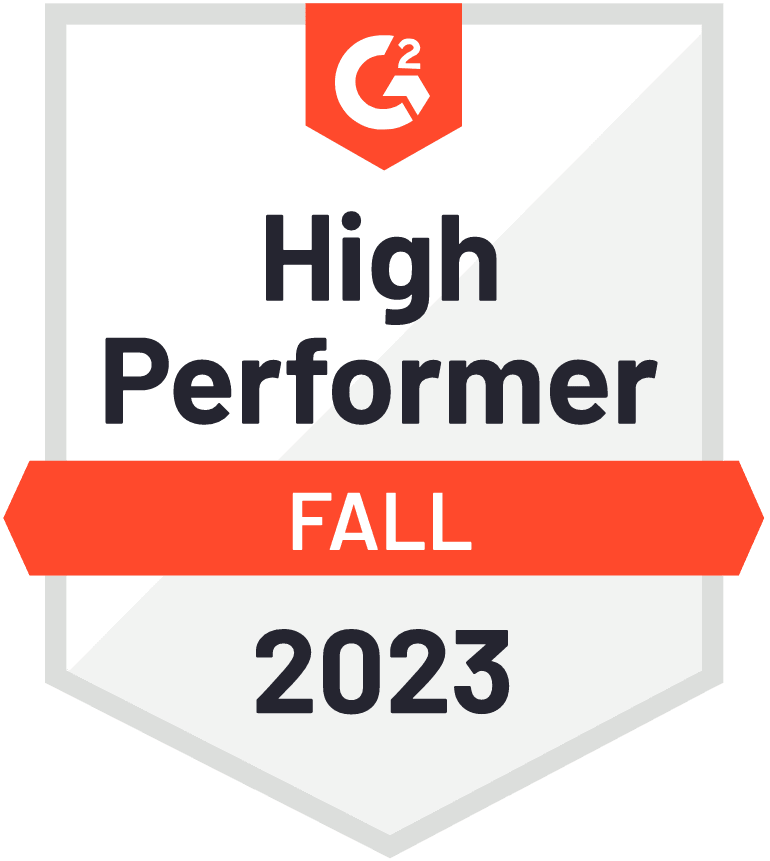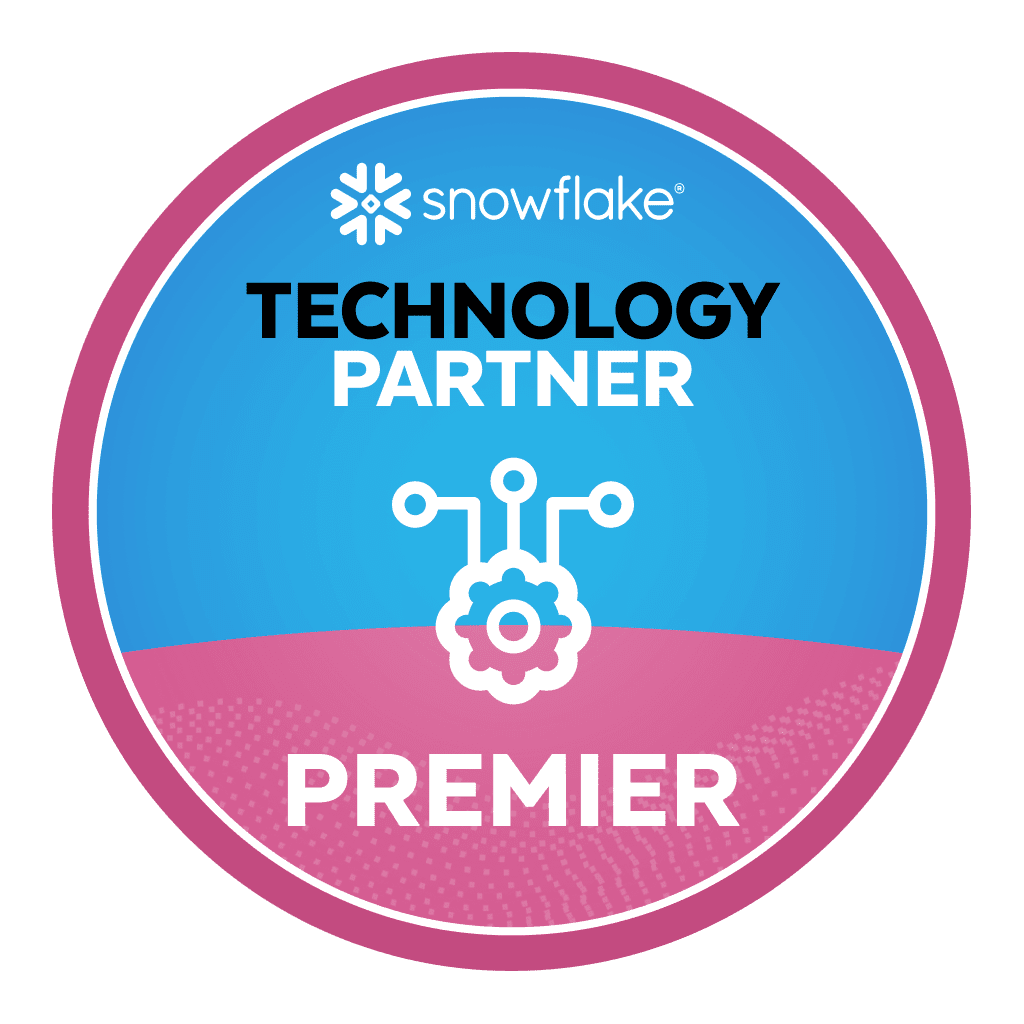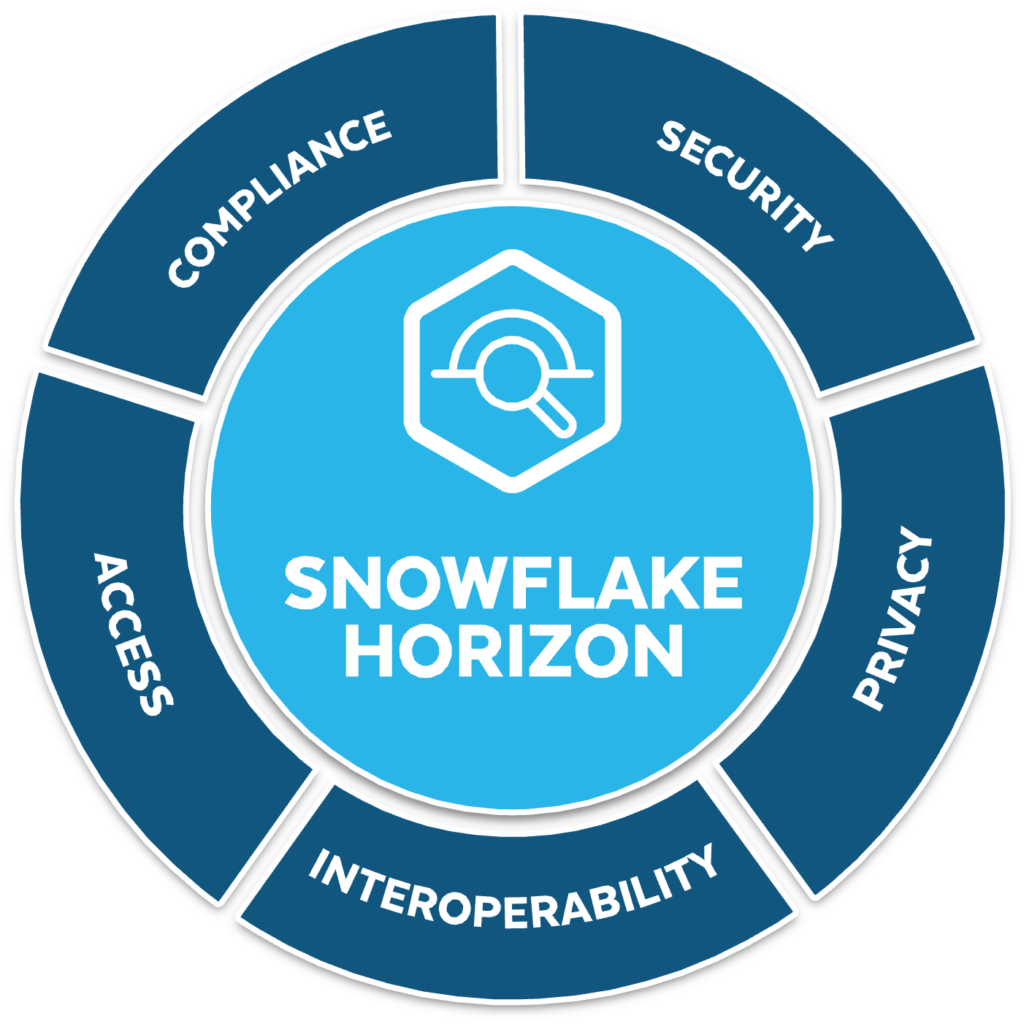In today’s highly competitive business landscape, the ability to make data-driven decisions can provide a significant advantage. However, the sheer amount of data available can be overwhelming, making it difficult for businesses to know where to start. Data enablement platforms help businesses overcome this challenge by providing a comprehensive solution for managing data.
This article acts as a basic guide to data enablement platforms, covering the following topics:
What is a Data Enablement Platform?
At its core, a data enablement platform is a comprehensive solution for managing and leveraging data. It provides businesses with a centralized platform for collecting, storing, processing, and analyzing data from a variety of sources. This allows businesses to break down data silos and bring together disparate data sets into a single, accessible platform.
Typically, data enablement platforms include data ingestion, data transformation, data quality management, and data visualization tools. Combining these tools into a single platform allows for real-time data analysis to enable faster decision-making.
Read about: Still Giving Constant Data Access? Consider Temporary Authentication and How Automating Access to Data Enhances Customer Engagement & Trust
To learn more about managing data in the cloud: Data Management Guide
How Can a Data Enablement Platform Help Your Business?
A data enablement platform is an essential tool for any business looking to improve its data management and use. From collecting data from every data source to generating real-time insights, here are a few ways data enablement platforms can help your business thrive:
Break Down Data Silos
Data silos are a common challenge for businesses, where data is managed separately by different departments or systems. This can lead to disconnected data sets that make it difficult to get a complete view of the business.
A data enablement platform solves this issue by providing a centralized platform for managing data. By integrating data from various sources into a single platform, businesses can break down silos and get a holistic view of their operations.
Gain Real-Time Insights
Today’s business environment requires fast-paced decision-making. A data enablement platform provides businesses with real-time insights into their operations. Analyzing data in real-time with a data enablement platform allows businesses to identify trends, spot issues, and make informed decisions quickly based on up-to-date data. It also helps inform quick adjustments to adapt to changing market conditions and customer needs.
Increase Efficiency and Data Customization
Data enablement platforms can automate a variety of data management processes such as data integration, cleansing, and enrichment. Automating these tasks enhances data efficiency and reduces the time and resources required to manage data.
Businesses can also customize data enablement platforms to ensure all data is processed based on the business’ needs. This provides the flexibility and agility needed to manage data effectively and align data management processes with overall business strategy and goals.
How Does a Data Enablement Platform Work?
A data enablement platform is designed to help businesses extract maximum value from their data. It works by integrating data from various sources into a unified repository and leveraging advanced technologies like AI and machine learning to automate tedious tasks associated with data management.
Once the data is integrated, the platform cleans and enriches the data to identify errors and inconsistencies, correct them, and add additional attributes or metadata to generate more accurate insights. The platform can also analyze and visualize the data to identify trends, correlations, and patterns.
Beyond its data analysis capabilities, data enablement platforms also help with data security by offering access control features.
Key Features of a Data Enablement Platform
Every data enablement platform offers a unique set of features and capabilities. But, every platform contains a few key features critical to its core function of managing data, extracting insights, and guiding decisions. These key features include:
- Data integration: One of the key features of a data enablement platform is the ability to integrate data from multiple sources into a single, unified repository. This allows businesses to view all their data in one place, eliminating the need for manual data consolidation as well as making it easier to analyze and extract insights from the data.
- Data cleansing and enrichment: Data quality is critical to making informed decisions, and a data enablement platform can help ensure that the data is accurate and consistent. These platforms can automatically identify and correct errors and inconsistencies in the data. They can also add additional attributes or metadata to enhance the data’s value.
- Data analysis and visualization: With all data unified, a data enablement platform can provide effective analytics and visualization capabilities. Unifying data into a single platform can help businesses identify trends, correlations, and patterns in their data. It can also generate predictive insights using machine learning algorithms.
- Data security and access control: Data security is crucial to protect sensitive information and ensure that businesses can collaborate on data-driven projects safely. A data enablement platform should provide robust access control features, allowing businesses to control who has access to the data and how it is shared.
Choosing the Right Data Enablement Platform
Choosing the right data enablement platform is crucial to ensure you can effectively manage and utilize your business data. You need to find a platform that can grow with your business, adapt to your specific needs, and offer a seamless and intuitive user experience for your team.
As your business grows, your data requirements grow alongside it. This fact makes scalability a critical factor when assessing data enablement platforms. You need a platform that can handle vast amounts of data, scale resources as required, and deliver dependable performance even under heavy loads.
Customization is also crucial because every business has unique data requirements. Your data enablement platform should be flexible enough to allow for customizations and integrations with your existing systems. After an initial setup, customizable data enablement platforms help you streamline workflows by configuring them to your specific needs.
Finally, a high-quality data enablement platform should feature a clean and intuitive interface, comprehensive documentation, and responsive customer support. These factors ensure a smooth user experience allowing your team to adapt to the new platform with ease.
Conclusion
Satori’s Data Security Platform Data helps organization’s enables the processing and transforming data streams that enable organizations to maximize the value of their data by providing them with the tools they need to drive reliable results.
To learn more:
- Book a demo with one of our experts



